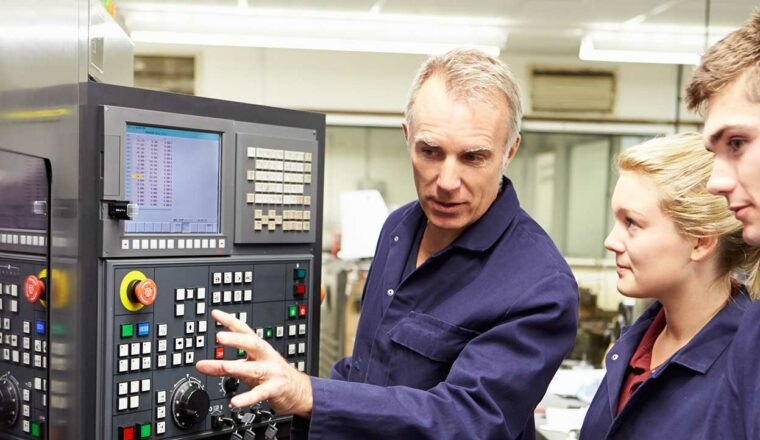The AI Awakening: What it means for Productivity and the Future of Work.
The Productivity Institute were delighted to welcome Professor Erik Brynjolfsson as keynote speaker for its inaugural research conference on 9th June 2021.
As Director of the Stanford Digital Economy Lab, Erik’s research examines the effects of information technologies on business strategy, productivity and performance, digital commerce, and intangible assets. Presenting to over 100 leading academics and policymakers he shared his recent findings about which professions and businesses have been affected most by AI and the pandemic and how it is affecting the economy, productivity, the way we work and employment wages.
Productivity boost
Brynjolfsson told the delegates that thanks to AI adoption he believes a productivity boost is coming. However, this won’t be realised immediately because (just as it did with earlier inventions such as electricity and the telephone) the diffusion of AI technology will take time.
How can businesses apply new AI technologies to boost productivity?
Research from Professor Brynjolfsson’s 2020 paper that summarizes sensor data finds that only 3% of firms have adopted any machine learning technology. He acknowledged that for most SME businesses it was hard to understand how to apply new AI technologies.
He explained that we would not expect a local pizza takeaway or hairdresser to be doing anything with AI or machine learning and they probably shouldn’t be at this stage.
Instead, it is a very small percentage of (mainly) large companies that are leading the frontier and sectors such as manufacturing where there are obvious, immediate opportunities.
Pandemic adoption
He said “People need to figure out how to use machine learning in a different kind of business setting which is why we are starting to see a positive curve in productivity during the pandemic”.
New Technology needs reskilled workers
However, Professor Brynjolfsson made the important point that training the workforce to utilise new technology was essential: “The key takeaway is that the technology by itself is not enough to boost productivity. You need to reinvent business product models. You need to reskill the workforce.”
The pandemic has caused this shift. Therefore businesses need to invest now for the skills needed for machine learning going forward.
“A hidden iceberg of investment”
Professor Brynjolfsson explained that there are dozens of business opportunities for machine learning – for deep learning in particular. However, the biggest category in 2020 was drug discovery and molecular and cancer research- mainly driven by the pandemic and the progress needed to identify new vaccines.
Which businesses have been affected most by AI?
Professor Brynjolfsson demonstrated that low wage jobs have more tasks that are suitable for machine learning. He cited the example of cashiers who had been replaced by machines that recognise not just barcodes, but also the difference between fruits, vegetables and other foods or objects.
There are some high wage professions that could also be vulnerable and here Brynjolfsson gave the example of pilots. This is an occupation that has relatively high wages but also a relatively high number of tasks that are suitable for machine learning.
But how would jobs in other professions like social and elderly healthcare be transformable to AI?
Professor Brynjolfsson said, “I think that’s one of the big areas that that will be continuing for a long time to be in demand for human labour. Most of us would not want a robot taking care of of a two-year-old or an infant.”
Human interaction, relationships, emotional connections are areas where humans have a big advantage over AI.
Brynjolfsson pointed out that the wages of these professions are still very low. Could this change once more productivity is created which would lead to more wealth through technology in other areas? Or is low wages a societal issue that needs different solutions?
Businesses have started to use new technology and the UK productivity crisis is looking less bleak for it. The pandemic has caused this technological development. Therefore most businesses need to invest now for the skills needed for machine learning going forward.
Watch the full recording below on our YouTube channel.




